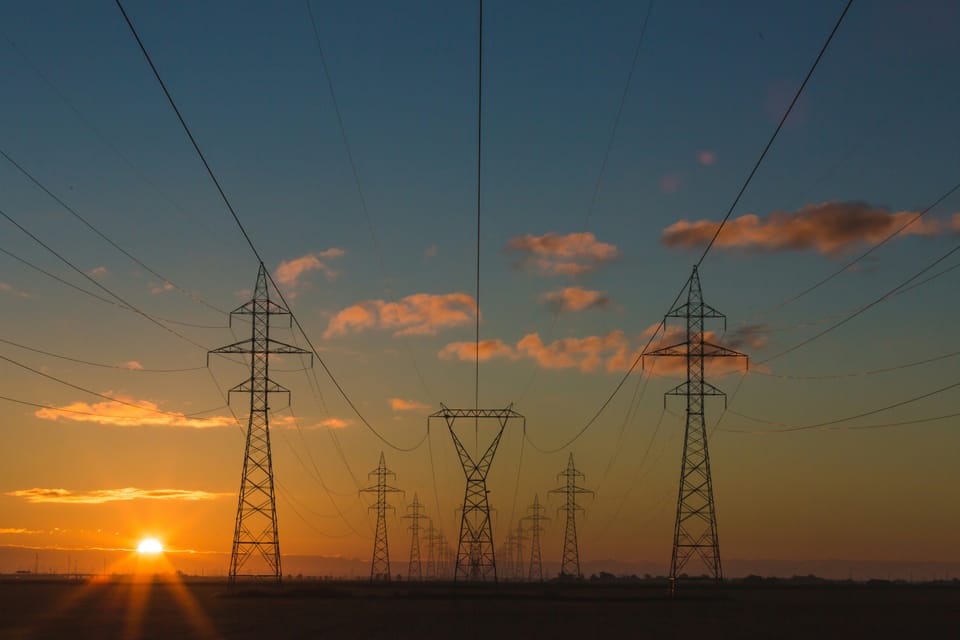Energy transition has ‘lost momentum’, says WEF

Most countries are still progressing on their energy transition journey, but at a slower pace than previous years, according to a report released today by the World Economic Forum (WEF).
This is the 14th year that WEF benchmarks 120 countries based on the performance of their energy systems in terms of equity, environmental sustainability and energy security.
While Energy Transition Index (ETI) scores reached their highest levels in 2023, with 107 of the 120 countries benchmarked showing progress in the past decade, the organisation believes that global uncertainty, including economic volatility, heightened geopolitical tensions, and technological shifts, has slowed down the pace of progress.
The slowdown first started in 2022 but has intensified in the past year: in fact, the three-year improvement in global ETI scores between 2021-2024 is almost four times less than the upswing over the 2018-2021 period. Additionally, 83% of countries saw their scores drop year on year on at least one of the three aforementioned dimensions of the energy transition.
“This year’s Energy Transition Index delivers a clear message: urgent action is needed. Global decision-makers must make bold moves to regain momentum in the transition towards an equitable, secure and sustainable energy future. This is critical for people, entire economies and the fight against climate change,” said Espen Mehlum, Head of Energy Transition Intelligence and Regional Acceleration, WEF.
Europe leads energy transition ranking
All 10 countries at the top of this year’s ETI ranking are from Europe, benefiting from the region’s political commitment, investment in research and development, clean energy adoption and carbon pricing.
Sweden and Denmark maintain their lead from the past decade, followed by Finland, Switzerland and France – a new entrant in the top five thanks to recent energy efficiency measures reducing energy intensity.
Among G20 economies, Germany, Brazil, the UK, China and the US are all in the top 20, along with new entrants Latvia and Chile, which both increased renewable energy capacity in the past twelve months.
The report notes that China and Brazil have progressed significantly in recent years, driven by their long-term efforts to adopt clean energy and enhance grid reliability.
Energy transition gap is narrowing, but financial support remains crucial
Another piece of good news is that the gap between developed and developing economies’ ETI scores is narrowing, and the “centre of gravity” of the transition is moving to developing countries, despite the fact that clean energy investment continues to be concentrated in advanced economies and China.
“This underscores the need for financial support from advanced nations to facilitate an equitable energy transition in emerging and developing nations and forward-thinking policy-making in all nations to foster truly conducive investment conditions,” urge the authors. But the recent G7 meeting in Bonn, Germany showed that rich countries still struggle to agree on climate finance mechanisms.
WEF estimates that US$1.8 trillion was invested in the clean energy transition in 2023.
“We need to act on three key levers for the energy transition urgently: reforming the current energy system to reduce its emissions, deploying clean energy solutions at scale, and reducing energy intensity per unit of GDP,” added Roberto Bocca, Head of the Centre for Energy and Materials, WEF.







Member discussion